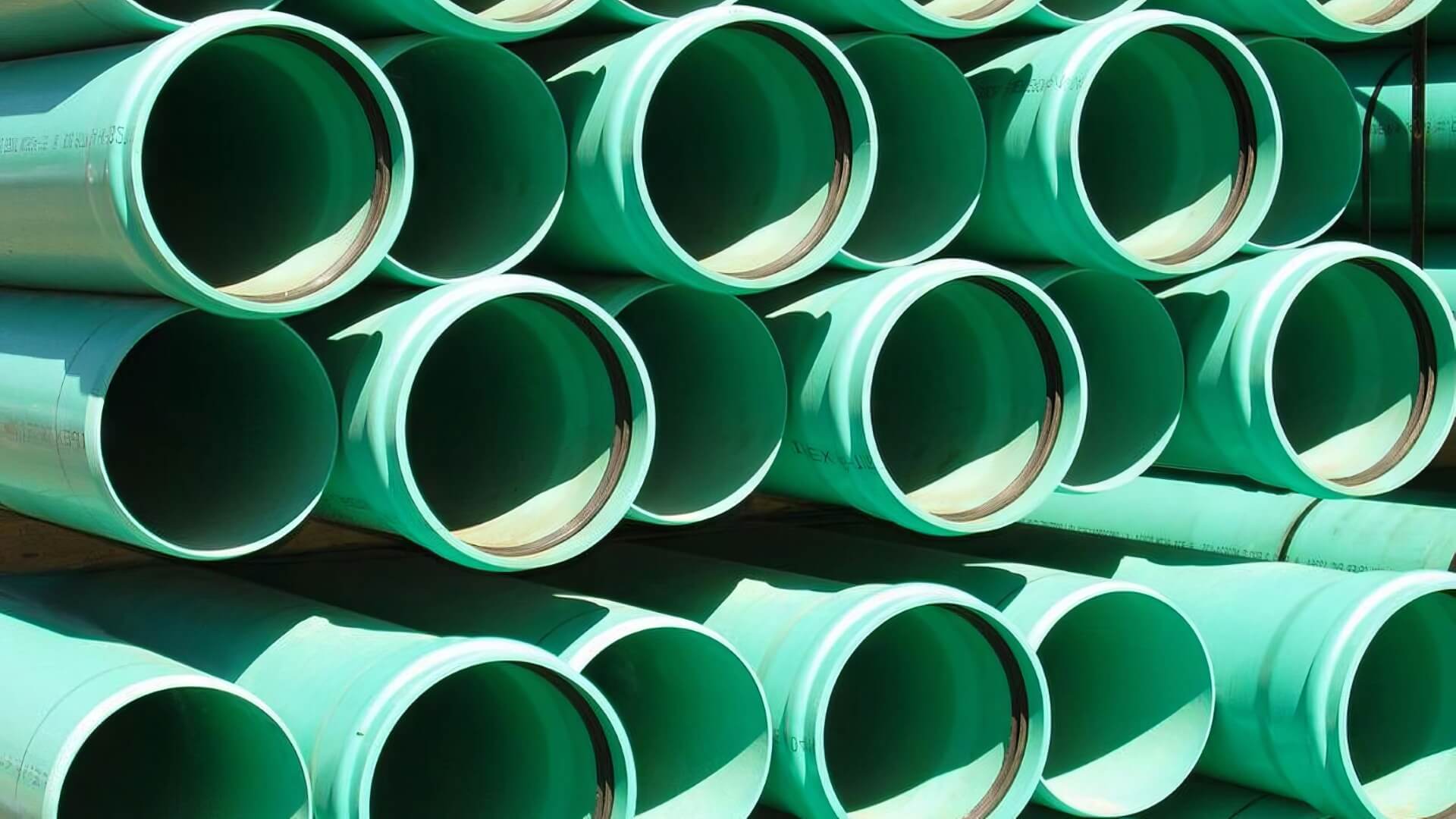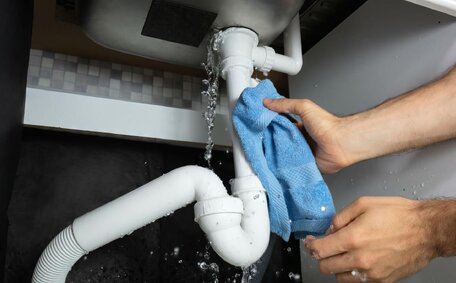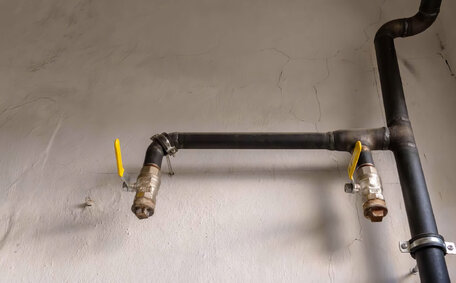What is an anode rod and how does it work?
The water heater anode rod, crafted from active metals such as magnesium and aluminum, corrodes more readily than your water tank’s steel, offering vital protection.
The sacrificial anode rod deteriorates over time, sparing your hot water tank from corrosion and thereby extending its service life.
A powered anode rod uses an electrochemical process for superior protection, significantly extending the life of your water heater.
The anode rod succumbs to corrosion more rapidly than the steel tank as it can cause greater electrical activity. Over time, the anode rod can wear away and need a replacement. Timely replacement of the anode rod wards off corrosion and prolongs your water heater’s effectiveness.
Why are anode rods important for water heaters?
Anode rods are vital, shielding water heaters from corrosion and significantly lengthening their lifespan. By attracting corrosive elements present in water, replacing anode material regularly can combat corrosion rust, safeguarding the steel tank.
Replacing an anode rod, a cost-efficient procedure, can prolong your unit’s life and is economically wiser than buying a new water heater if the tank fails from rust.
How can you prevent substantial expense and inconvenience? Make sure timely anode rod maintenance is on your checklist, which can avert unexpected water heater replacement.
Overlooking this essential maintenance can prompt early tank failure and reduce water heater lifespan.
Signs that your anode rod needs to be replaced
There are several signs that indicate your water heater’s anode rod needs replacing:
- Rusty or discoloured water coming out of your hot water taps. Corrosion of the anode rod can release rust particles into your water supply.
- A rotten egg smell from your hot water. A rotten egg smell from your hot water often indicates hydrogen sulphide production—a by-product of corrosion inside the tank.
- Banging or rumbling noises coming from the water heater. Noises can mean there are loose sediment deposits or advanced corrosion occurring inside the tank.
- Low hot water pressure. As corrosion products build up at the bottom your tank, they can partially block pipes and restrict water flow.
Identifying the anode rod’s location in the top of the tank allows for prompt corrosion protection restoration. This is significantly more cost-effective than replacing the entire water heater unit. Engaging our meticulous plumbers to check if your anode rod requires replacing is an assured way to extend your heater’s life.
How often should you replace an anode rod?
A homeowner’s tip: replace your tank water heater’s anode rod every 2 to 4 years, as typically recommended. However, the actual lifespan of an anode rod can vary greatly with local water quality.
In this blog, we examine the conditions where, in locales with hard water or aggressive water chemistry, the anode rod tends to corrode more swiftly, necessitating frequent checks and replacements. Employing a water softener introduces minerals like calcium that can expedite anode rod wear, necessitating more frequent replacement.
To maximise the lifespan of your water system, it’s advisable to have a licensed plumber conduct annual reviews and replace the anode rod if necessary. They can make sure it’s timely for immediate replacement or if the lifespan of your anode rod is sufficient for the time being.
Proactively maintaining your water heater with anode rod replacements can forestall expensive repairs or unit replacements later on.
Step-by-step guide to replacing an anode rod
To change anode rod is a straightforward DIY task that can extend your water heater’s life. Follow these key steps to replace your anode:
- Turn off power to your water heater at the circuit breaker and then proceed to shut off the cold water supply.
- Attach a garden hose to the water heater’s drain valve and empty an appropriate amount of water into a designated area.
- Open the nearest hot water faucet to the heater and the drain valve to thoroughly drain the tank.
- Once drained, close drain valve and disconnect garden hose.
- Extract the old anode rod by leveraging a breaker bar with a hex head, placed at the top socket wrench, or impact wrench.
- Inspect the tank interior with a flashlight for sediment or signs of corrosion.
- Apply teflon tape to the threads of the new anode rod for a secure fit.
- Install new anode rod by hand tightening then give 1/4 turn with wrench.
- Close drain valve, turn water supply back on and turn power back to your heater.
- Check for leaks at the anode rod opening.
- Flush hot water lines until water runs clear.
Replacing an anode rod is typically a straightforward task for most hot water tanks. However, Assessing the anode rod’s effectiveness and inspecting the tank helps assess if corrosion necessitates water heater replacement. For tankless water heaters or intricate issues, advice from our team of licensed plumbers ensures expert help.
Choosing the right anode rod material
Consider your anode rod needs by understanding the range of materials available, The most common options are:
- Magnesium: Magnesium anode components for water heaters offer excellent corrosion protection at low cost but generally have shorter lifespans. Magnesium is suitable for areas with neutral pH water.
- Aluminium: An aluminium anode rod is good, being lightweight, affordable, and offering prolonged protection compared to magnesium in certain water conditions. Aluminium is not suitable for areas with hard water.
- Zinc: Zinc anode rods offer excellent protection in hard water areas and aggressive water chemistry, but are more expensive. If you find yourself replacing the rod more than yearly, consider a zinc anode for its durability.
Selecting the appropriate anode rod material depends on understanding local water quality, your water heater type, and budget considerations. Speaking with your licenced plumber allows determination of the ideal anode rod to match your specific situation.
Maintaining your water heater with anode rod checks
To maintain your hot water system optimally, you can use annual anode rod inspections and maintenance to avoid unexpected failures.
In areas like Eastwood, Sydney, gas water heaters may be more susceptible to corrosion from the moderately hard water supply rich in minerals. Thus, regular anode rod inspections, recommended every 12-18 months, can prevent frequent replacements and save costs. Particularly in an older house, the importance of regular anode checks grows with the age of the system.
Monitoring the anode rod your water heater might seem like a hassle, but it is simple and fast for our licensed technicians to accomplish. Our expert team can swiftly assess the anode rod’s condition and determine if a replacement is needed during a service visit.
Detecting wear early allows for proactive rod replacement, averting significant corrosion. Staying ahead maintains tank integrity, avoids costly repairs and extends the safe operational life of your hot water system.
For all water tanks and your plumbing maintenance needs, trust the licensed team at Eastwood Plumbing Services. Contact us today on 1300 349 338 or email jobs@eastwoodplumbingservices.com.au to book your next inspection.






